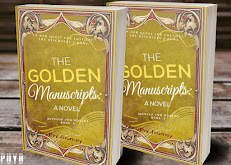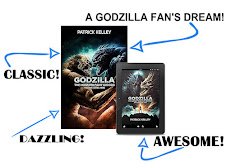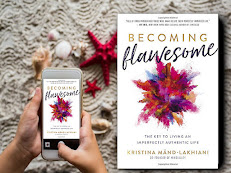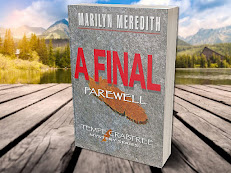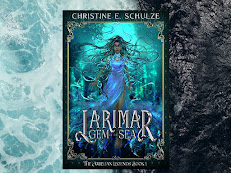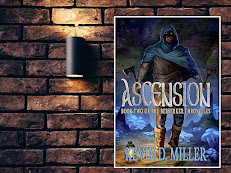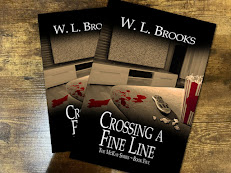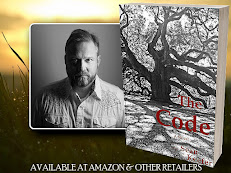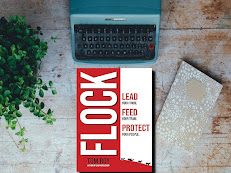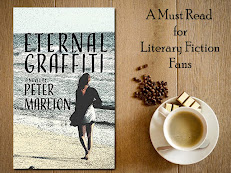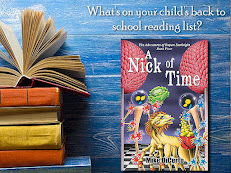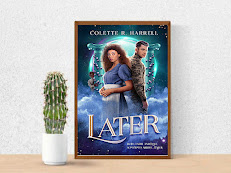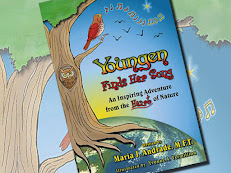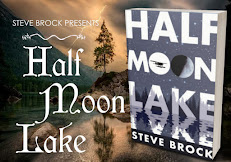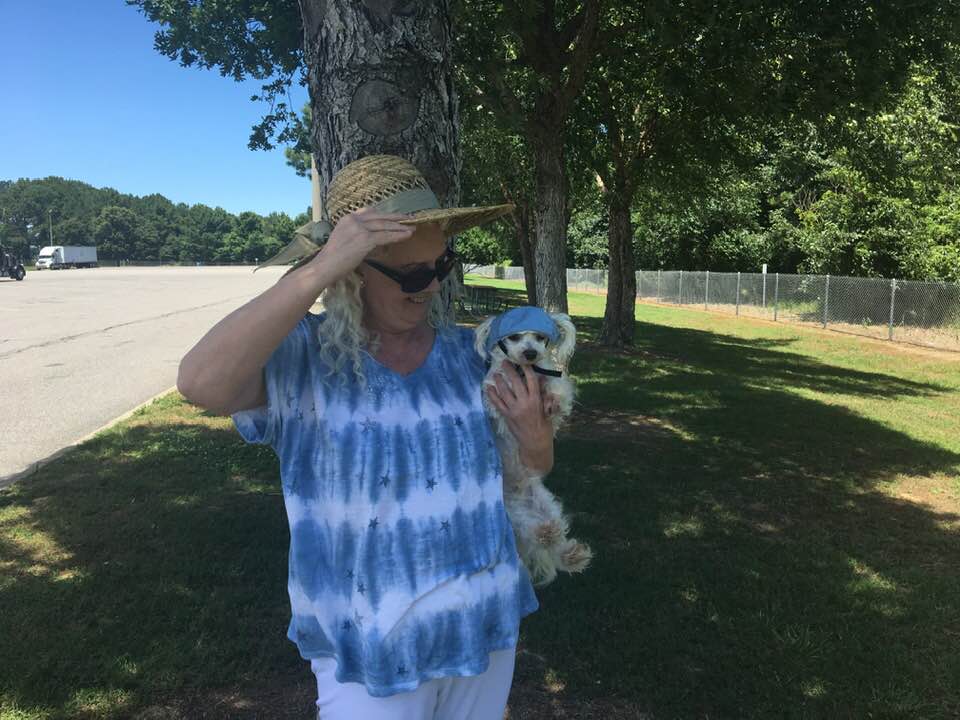Title: OUR SECRET POWERS: TELEPATHY, CLAIRVOYANCE AND PRECOGNITION
Author: Terje Gerotti Simonsen
Publisher: Pari Publishing
Pages: 528
Genre: Nonfiction/Spiritual/Consciousness/Paranormal
Author: Terje Gerotti Simonsen
Publisher: Pari Publishing
Pages: 528
Genre: Nonfiction/Spiritual/Consciousness/Paranormal
BOOK BLURB:
Is the paranormal normal?Many readers will be surprised when learning that reputable scientists, among them several Nobel laureates, have claimed that telepathy is a reality. Their curiosity will increase when reading that both Cleopatra’s lost palace and Richard III’s burial place were recovered by means of clairvoyance. And some will think it to be sheer science fiction when finding out about Stargate––the espionage program where the American military and CIA for 20 years engaged in the development of psychic spies!
Simonsen, a Norwegian historian of ideas, introduces an array of entertaining paranormal tales from history, archaeology, anthropology and psychology, and presents scientific research that has provided fascinating results. He argues that the stories we hear about telepathy, clairvoyance and precognition ought not to be dismissed as superstition.
In step with spiritual and occult traditions, the author suggests that consciousness is not limited to our own head. Rather he thinks that all humans (and perhaps all living beings) are linked together in a “Mental Internet.’ Via this network we may exchange ‘telepathic emails’ with friends and family and make clairvoyant ‘downloads’ of information. Thus perhaps what we usually call ‘supernatural’ is completely natural but little understood communications via this Mental Internet?






















































